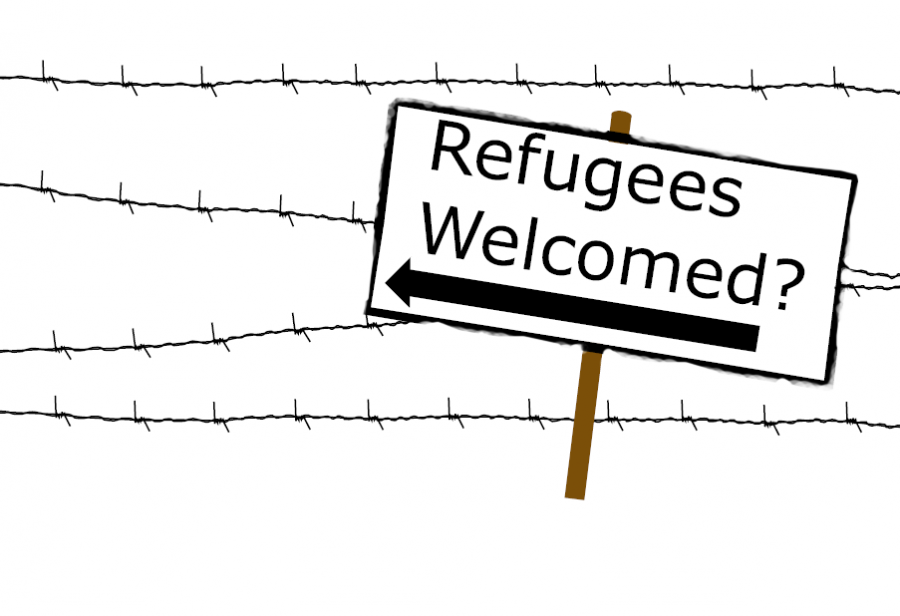Syria fights civil war
photo credit: Jessica Blakeley
December 15, 2015
It was April of 2011 when the killing started.
Syria, a country in the Middle East along the eastern coast of the Mediterranean Sea, about the same size as Washington State with a population of 22 million, has fought a civil war for the past four years. It began with peaceful protests to challenge the dictatorship ruling the country and escalated quickly.
To most, the government’s response to these protests was a vast overreaction. First, security forces quietly killed the activists leading the protests. Then, they began kidnapping, raping, torturing and killing these activists and their families, including a lot of children. They dumped their mutilated bodies by the sides of the roads for the world to see. This lead to more protests, which troops began to open fire on. Eventually, civilians shot back.
These armed civilians formed rebel groups in response to the violent attacks from the government to its people. Since, volunteers from other countries have joined the rebel movement, mostly jihadists who hate Syria’s leadership.
In an attempt to take control back, the army was deployed across the country, sent to terrorize people into submission by shelling and bombing whole towns. They even allegedly used chemical weapons.
“All of the unrest that has been in the area for so long has weakened the government,” sociology and economics teacher Chris Bailey said. “There was some corruption before of course, but the big thing was, is it all going to radical fundamentalism? In fact, Syria was very progressive but they had a lot of people come in from Iraq trying to change things, and they did.”
For the past four years the country has been in shambles caused by fighting between the leaders and its people. There is currently believed to be as many as 1,000 armed opposition groups in Syria, commanding an estimated 100,000 fighters, according to BBC News.
An alleged U.S. led coalition-airstrike hit the Syrian village of Al-Khan Dec. 6. The civilian death toll is expected to be as high as 34, including children, and another 17 were injured.
“War will create casualties. It’s a sad part,” Bailey said. “That being said, we are going to fight them at some point or another. We could just let Syria go to ISIS, but it could do more harm.”
There has been a lot of controversy following President Barack Obama’s decision to let Syrian refugees inside United States borders. For some, the decision is not one of morality but one that should be more focused on the safety of U.S. citizens.
It is not just the risk of threat that worries some, though.
“I don’t really like the financial burden,” Bailey said. “But we could certainly fit more people into the country and I know if my family was in that situation, I would want someone to take us in. It’s easy for me to say ‘someone should stay and fight,’ but I’m not in that situation.”
Some students, such as senior Ariel Mavis, believe that this issue relates back to hundreds of years ago, when a “bunch of refugees came to the U.S. and ruined the lives of the natives,” referencing the settling of the colonists and the Native Americans they forced out.
“Our country was built on immigration and letting people in,” senior Presley Fisher said. “Everyone deserves a shot at the American Dream.”
Before the Paris attacks, Texas took in nearly 250 Syrians. After, many Texans wanted to fight the entrance of more, fearing that what happened in Paris may happen here. These Texans sued the U.S. government to prevent the refugees from settling. However, the fighting stopped and 21 Syrians are expected to arrive in Dallas and Houston over the next week.
Bailey believes that the risk of threat is scary to think about, but that the same could be said about anyone. “Anyone could become radicalized. You have to look at the situation and say: what’s the value of a human life?”




